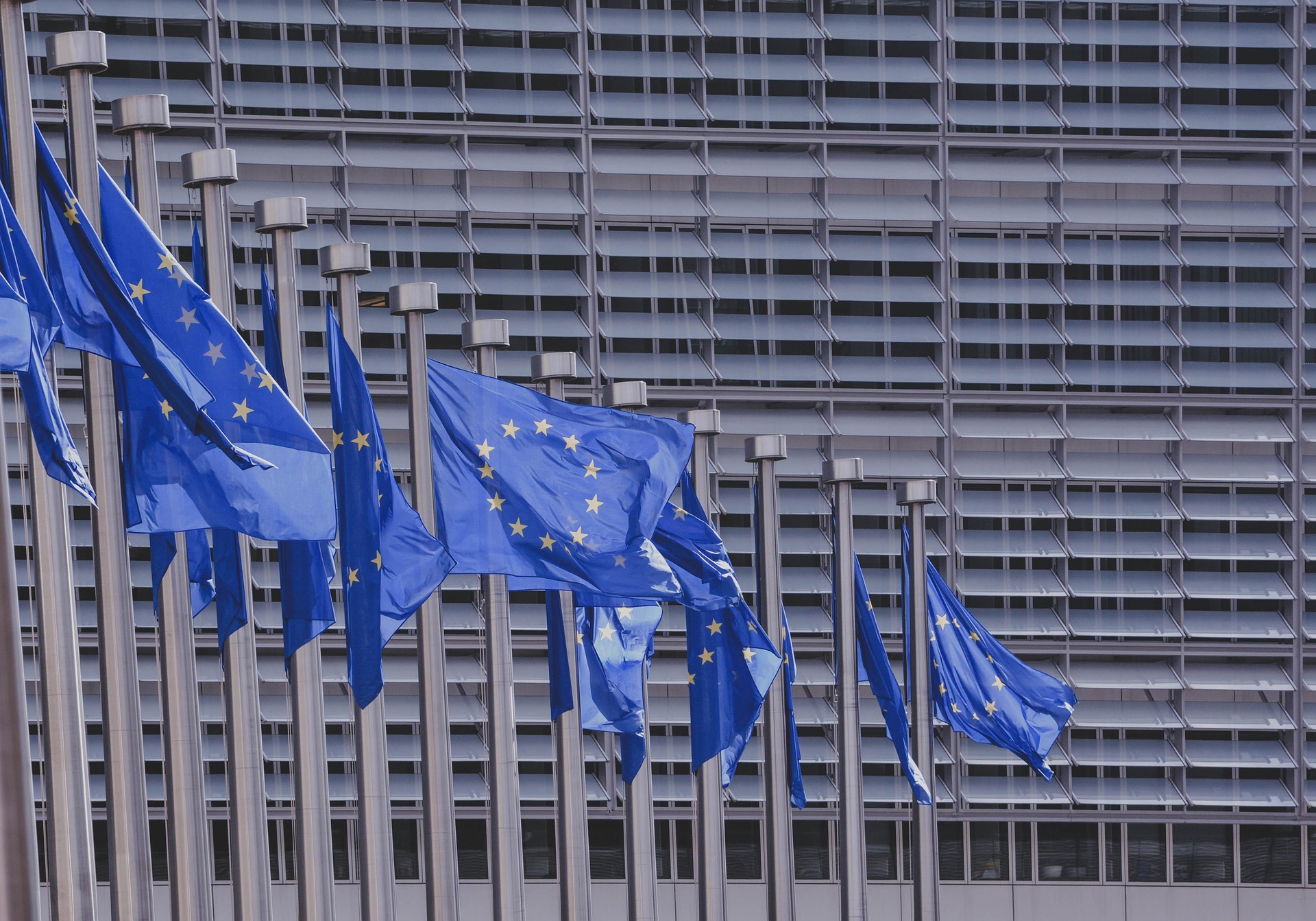An Examination of Intellectual Property Rights in the Digital Age
Introduction: In this era of advancing technology, the concept of intellectual property rights has taken on new dimensions. This article delves into the complexities of intellectual property rights in the digital age, exploring its historical background, current legal updates, and implications for society.
A Historical Overview of Intellectual Property Rights
The concept of intellectual property rights originated in the 18th century with the advent of the Industrial Revolution. Developed nations recognized the need to protect the rights of inventors and creators to encourage innovation and creativity. This led to the establishment of laws and treaties safeguarding patents, trademarks, and copyrights.
Intellectual Property Rights in the Digital Age
With the rise of the internet and digital technology, the landscape of intellectual property rights has drastically evolved. The digital era has blurred boundaries, making it easier to create, share, and copy content. This has led to a rise in piracy, copyright infringement, and other forms of intellectual property violation. In response to these challenges, governments and international organizations have been updating laws and regulations to keep pace with rapidly changing digital trends.
Recent Legal Updates on Intellectual Property Rights
In response to the complexities of the digital age, governments worldwide have been updating and implementing new laws to protect intellectual property rights. The European Union, for instance, passed the Digital Single Market Strategy in 2015, aimed at harmonizing copyright laws across member states. Similarly, the United States enacted the Digital Millennium Copyright Act (DMCA) to address copyright issues in the digital environment.
Implications and Impact of Intellectual Property Rights in the Digital Age
The evolution of intellectual property rights in the digital age has enormous implications for society. On one hand, these laws protect creators, ensuring they receive credit and remuneration for their work. On the other hand, the enforcement of these laws has raised concerns about freedom of expression and access to information. Balancing these competing interests is a complex task that continues to shape the debate on intellectual property rights in the digital age.
The Future of Intellectual Property Rights
As technology continues to evolve, so too will the landscape of intellectual property rights. With the rise of artificial intelligence, blockchain, and other emerging technologies, new challenges and opportunities will emerge. To stay relevant, laws and regulations will need to keep pace with these changes, striking a balance between protecting creators, promoting innovation, and safeguarding public interest.
In conclusion, the digital age has transformed the concept of intellectual property rights. As we grapple with the complexities of this issue, a comprehensive understanding of its history, current legal updates, and societal implications is crucial. Going forward, staying abreast of these developments will be key in navigating the ever-evolving landscape of intellectual property rights in the digital age.





